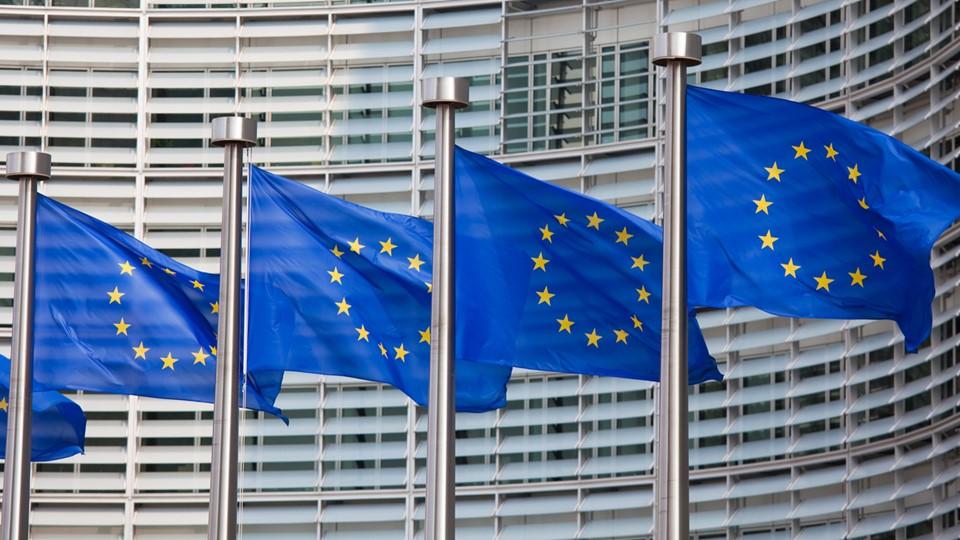Pharma incensed by EU's compulsory licensing proposal

Pharma industry bodies have slammed a proposal by the European Commission to set up a compulsory licensing (CL) framework for medicines in emergency situations, claiming there is no need for the move.
The EU started a consultation on a CL scheme last year, saying it wanted to build a "more efficient and coordinated" system in order to manage crises like the COVID-19 pandemic within the EU, with firmed-up proposals announced in April.
CL allows governments to make drugs without the consent of the patent holder, and the consultation came after the EU was criticised for a slow rollout of COVID-19 vaccines once they became available.
The Commission has insisted that the compulsory route would only be taken as a last resort, in case of failure of voluntary agreements, and its aim is to develop a unified approach to replace fragmented schemes already in operation in the EU.
Among the 38 responses received on the proposal are comments from Pharmaceutical Research and Manufacturers of America (PhRMA) and Biotechnology Innovation Organisation (BIO) in the US, the European Federation of Pharmaceutical Industries and Associations (EFPIA), and the Japan Pharmaceutical Manufacturers Association (Japan), as well as pharma group Pfizer.
It should also be noted that there is strong support for the measures from consumer and patient organisations, including Health Action International, BEUC, and Medicines for Europe.
Industry opposition to the proposals focuses on various key elements, including that the EU is overstepping its bounds and encroaching into areas best managed on an individual member state level where – according to EFPIA – viable compulsory licensing provisions already exist.
"The lessons from COVID are clear: CLs were not needed. Voluntary models launched vaccines in a year and rapid scale-up made supply quickly exceed demand," said the organisation in its response. "Vaccine delivery challenges were related to trade, e.g. export bans, or issues of logistics and uptake, [and] CLs would have only diverted scarce resources, hampering supply."
Moreover, the industry groups contend that the plan could contravene the World Trade Organization's Agreement on Trade-Related Aspects of Intellectual Property Rights (TRIPS), as well as EU law, as there is no clear definition of what could be considered a crisis and allow the CL to be activated - and the broad approach could result in disclosure of trade secrets.
PhRMA said that "at a time when IP rights are being opportunistically challenged by certain countries, often to support their own industrial policy goals, this unjustified, unprecedented, and impermissible proposal to create another CL mechanism in the EU is incredibly counterproductive."
Meanwhile, BIO argued that the plan "suggests that the envisioned new framework remedies a dysfunctional system, despite no objective evidence that the existing regime is inadequate," and the JPMA said that it "sends incorrect messages about the importance of intellectual property rights in promoting innovation and advancing medical technologies."
In the opposing camp, HAI described the proposal as "an overdue step forward towards a more nuanced balance between innovation," asserting that CLs are "not only a legitimate legal instrument to manage […] IP rights, but also a critical component of public interventions to achieve health policy objectives regarding access to health technologies and economic sustainability of public health systems."
The comment period on Commission adoption of the plan closed on 31st July.












